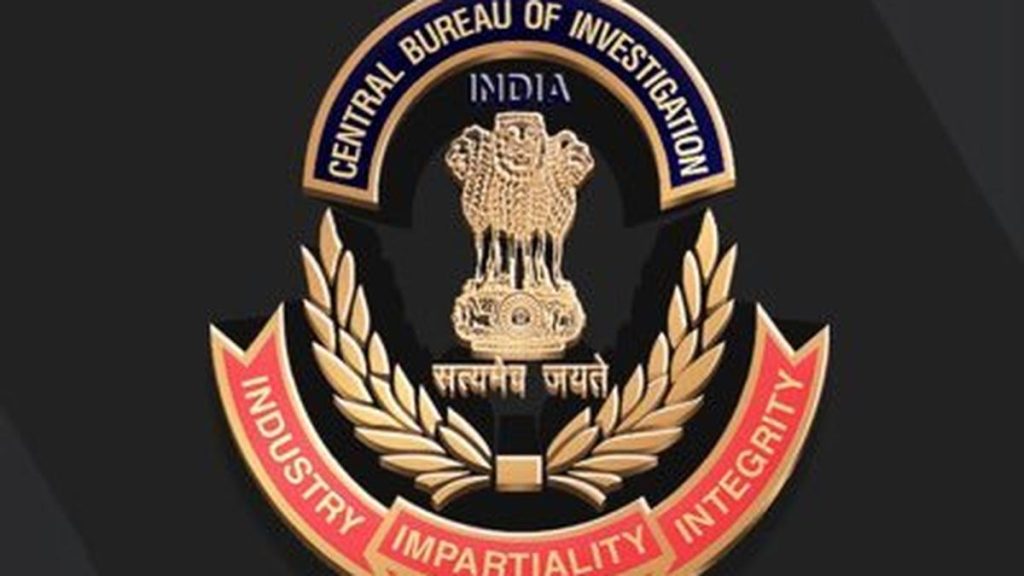Now Reading: Girijana Aikya Vedika Resists ST Status for Boyas, Valmikis
-
01
Girijana Aikya Vedika Resists ST Status for Boyas, Valmikis
Girijana Aikya Vedika Resists ST Status for Boyas, Valmikis

Fast Summary
- Girijan aikya Vedika opposes inclusion of Boya and Valmiki communities (currently under BC-A) in Andhra Pradesh Scheduled Tribes (ST) list.
- They argue this move risks constitutional validity of ST classification and welfare of existing Adivasi tribes.
- Article 342 mandates ST classification requires Presidential notification with Governor consultation, plus Parliamentary approval.
- Lokur Committee guidelines for ST status include primitive traits, distinct culture, geographical isolation, socio-economic backwardness, etc. Boyas and Valmikis reportedly do not meet these criteria now.
- The addition of ~18 lakh individuals (Boya and Valmiki communities) threatens current tribal reservations (6%,proposed 10%),affecting marginalized tribes like Chenchu,Yerukala,Yanadi,Kondadora.
- Comparisons drawn to Meitei-ST conflict in Manipur; potential for unrest highlighted by Adivasi groups due to ‘reckless policy.’
- Criticism raised over lack of meaningful consultation by the one-man commission headed by I. Samuel Anand Kumar.
Indian Opinion Analysis
The opposition from Girijan Aikya vedika brings into focus critical procedural safeguards around scheduled Tribe classification outlined in the constitution. with Article 342 requiring multi-tiered verification including a Presidential nod and rigorous examination by specialized bodies like RGI and NCST, bypassing thorough consultations could undermine democratic norms.
The argument regarding reservation burden highlights tangible concerns about resource allocation among existing marginalized groups who already face systemic socioeconomic barriers. Adding substantial numbers without addressing deeper intersectional inequalities may dilute representation further.
Additionally, drawing parallels with ManipurS ethnic unrest is meaningful as it points out potential fault lines within state-level policies that affect identity politics-underscoring how rushed decisions can deepen divisions or ignite societal tensions.
Effective management should involve inclusive consultations ensuring all stakeholders’ voices are represented while adhering closely to Constitutional requirements protecting both minority rights and institutional fairness.






















